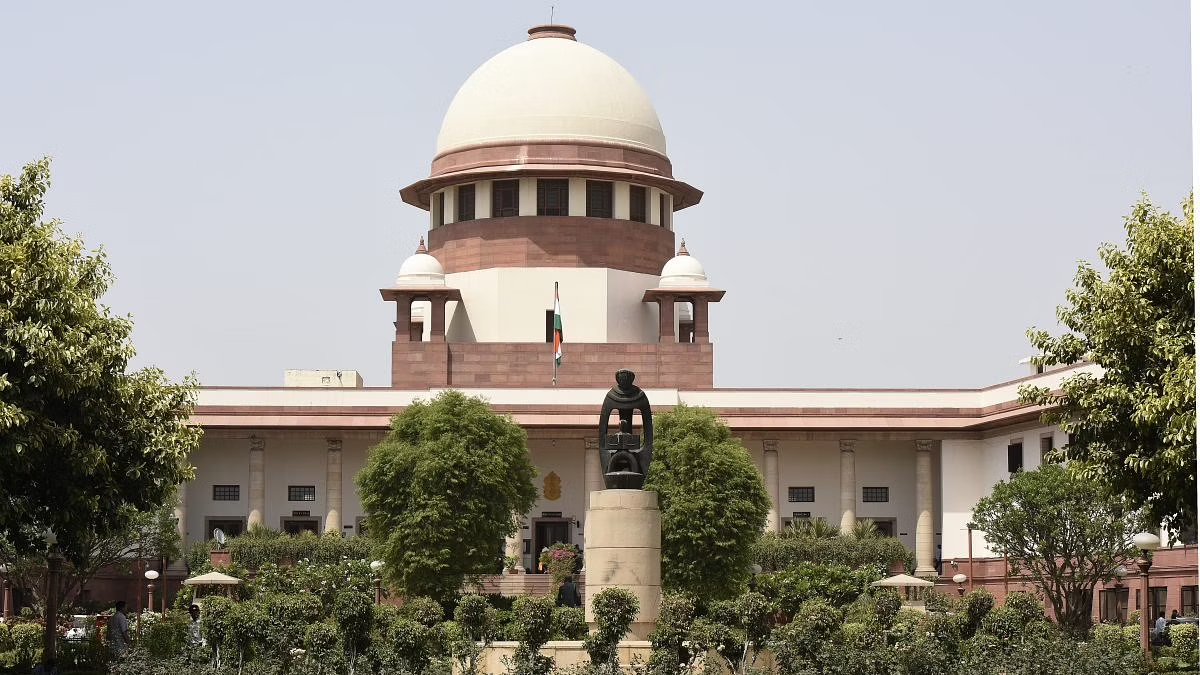
Insurance contracts offer consumers very few options: SC
text_fieldsNew Delhi: The Supreme Court observed on Wednesday that insurance contracts offer very few options for consumers other than signing the dotted lines, PTI reported.
Setting aside a National Consumer Disputes Redressal Commission order in a case seeking compensation for a shop which met with a fire accident, a bench of Justices Surya Kant and MM Sundresh observed so.
The bench said, "Contracts of Insurance are prepared by the insurer having a standard format upon which a consumer is made to sign. He has very little option or choice to negotiate the terms of the contract except to sign on the dotted lines. The insurer, who is the dominant party, dictates its own terms, leaving it to the consumer either to take it or leave it. Such contracts are obviously one-sided, grossly in favour of the insurer due to the weak bargaining power of the consumer."
According to the SC, the concept of freedom of contract loses significance in insurance contracts.
"Such contracts demand a very high degree of prudence, good faith, disclosure and notice on the part of the insurer, being different facets of the doctrine of fairness. Though a contract of insurance is a voluntary act on the part of the consumer, the obvious intendment is to cover any contingency that might happen in future.
"A premium is paid obviously for that purpose, as there is a legitimate expectation of reimbursement when an act of God happens. Therefore, an insurer is expected to keep that objective in mind, and that too from the point of view of the consumer, to cover the risk, as against a plausible repudiation," it said.
In the case in question, Texco Marketing Pvt. Ltd. Is the appellant who secured a policy from TATA AIG General Insurance Company Ltd, which was meant to cover a shop situated in the basement of the building.
The insurer had also insured another shop, which is located in a similar situation.
After the appellant's shop met with a fire accident, the insurer rejected the claim stating the exclusion clause. However, the apex court observed that the said clause, as well as the terms in the contract, were unfair.






